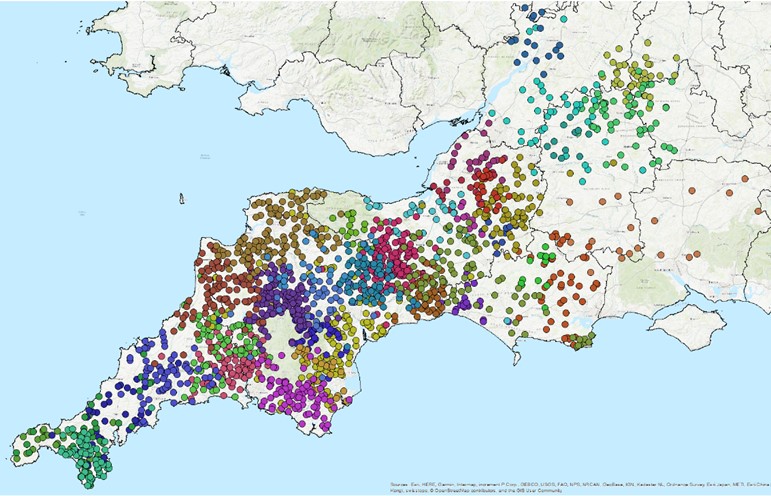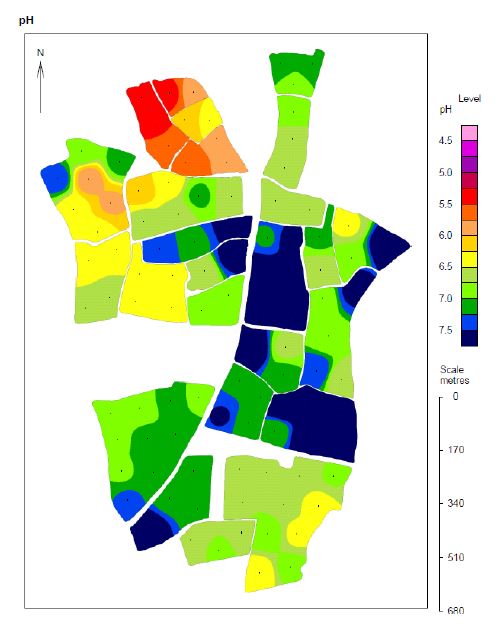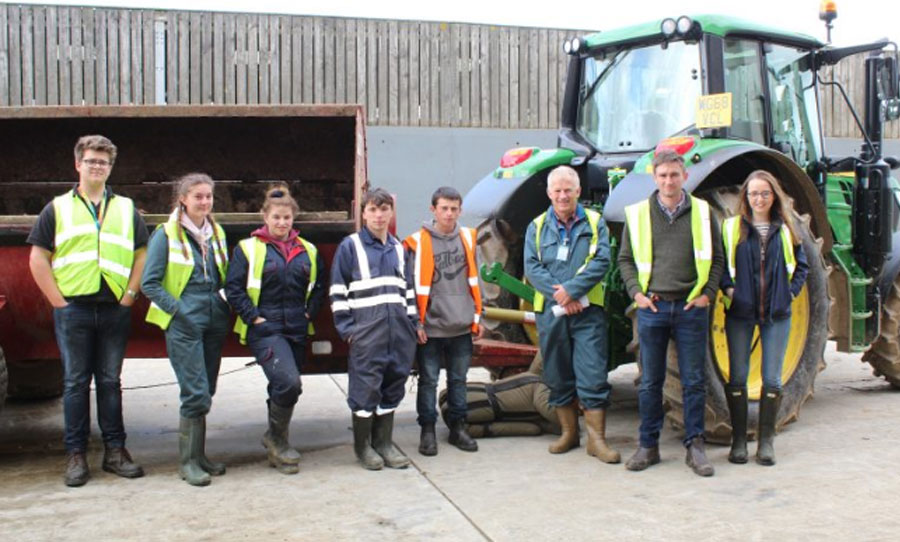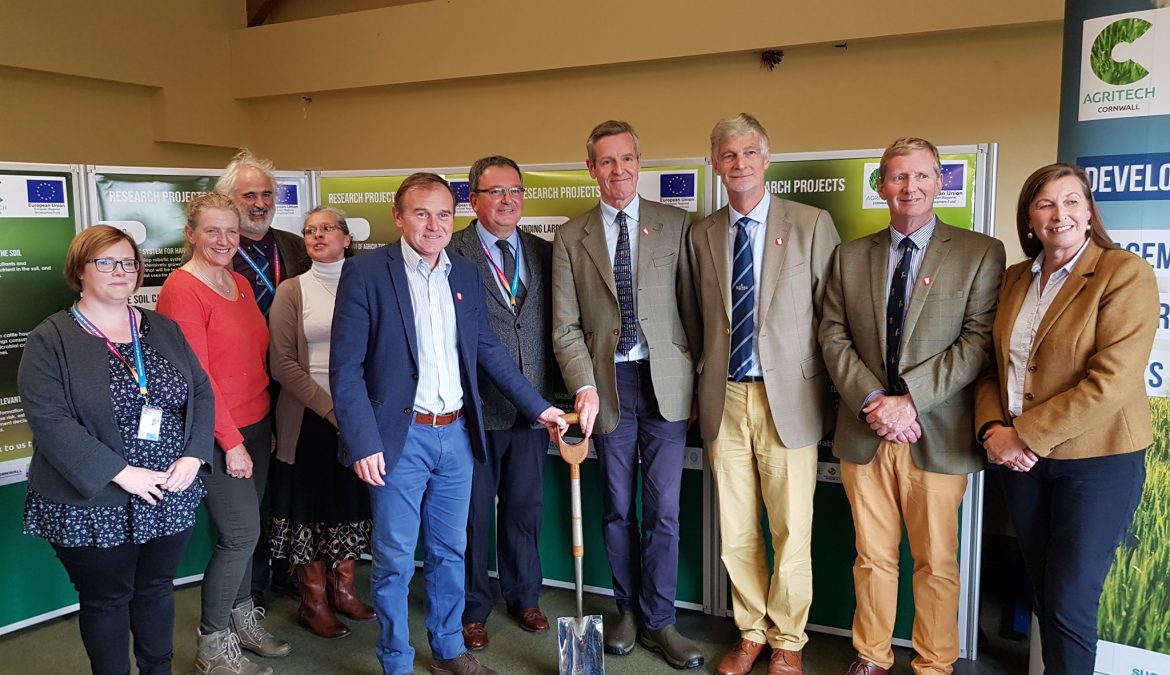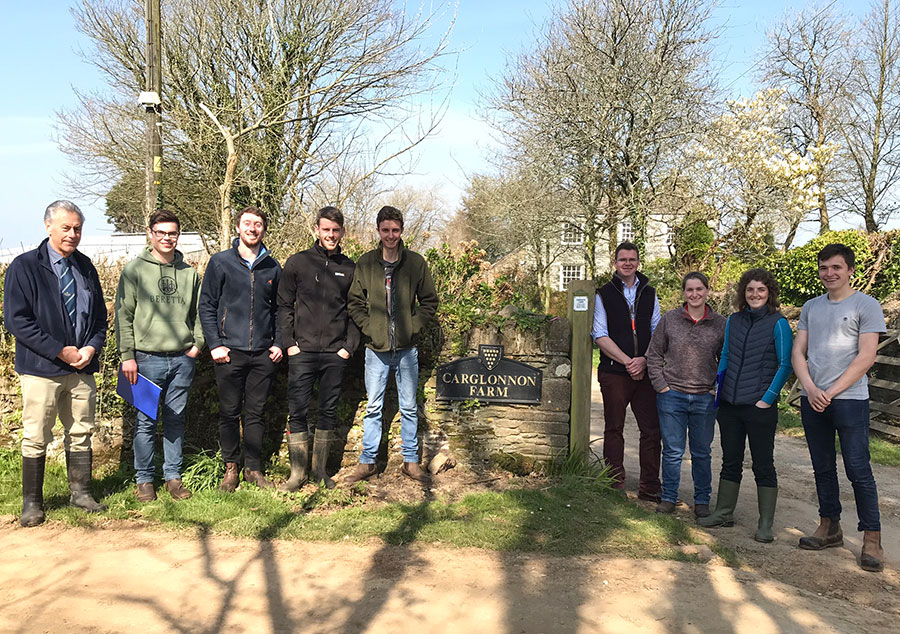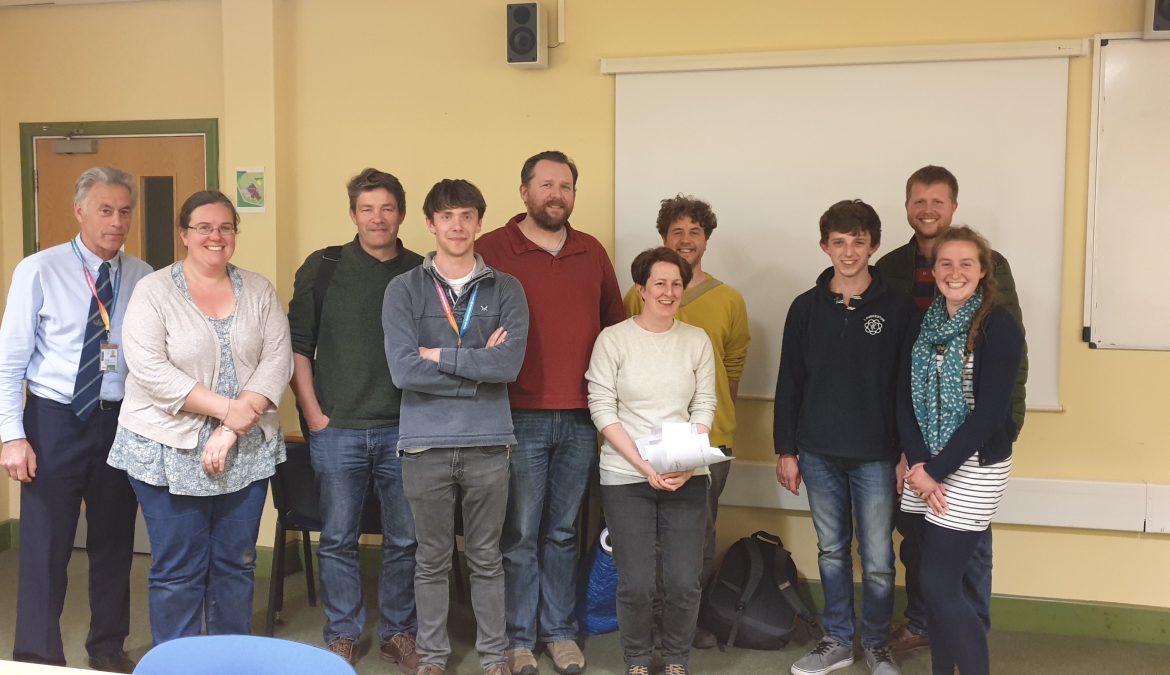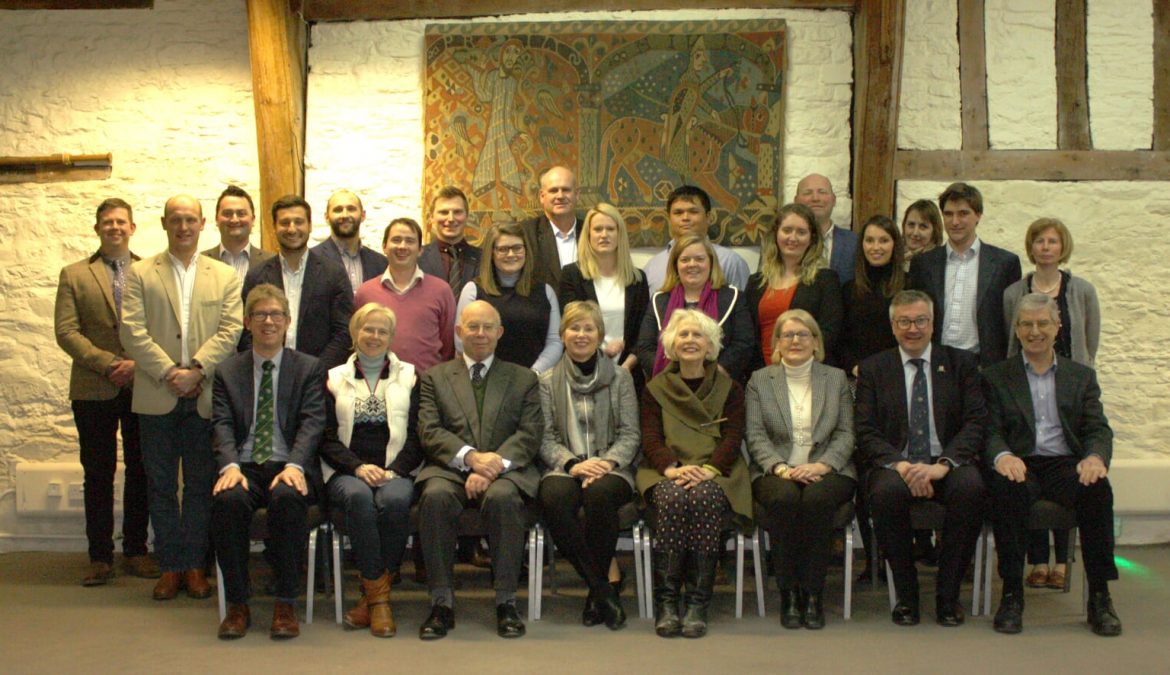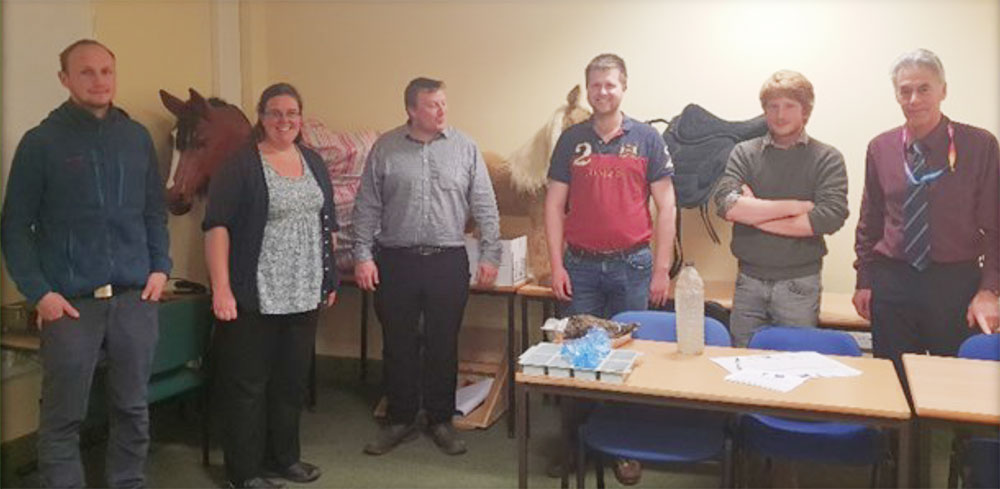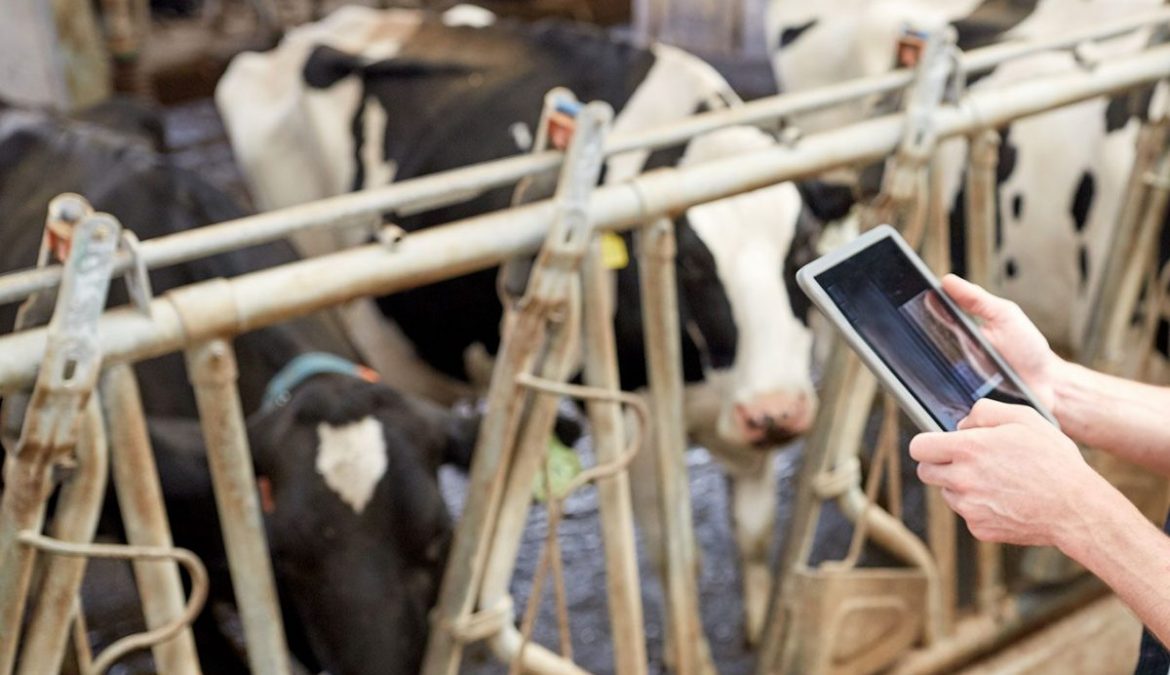In a huge boon for the South West’s agriculture sector, Cornwall is set to boast a major research and innovation dairy farm.Future Farm, located at Duchy College Stoke Climsland, will be a first of its type for England with the aim of improving efficiency, welfare and technological advancement in dairy farming.
The facility will encourage SMEs across Cornwall and the Isles of Scilly to engage in research at a local, national and international level.
Future Farm will also benefit the next generation of workers and leaders in the sector, with Duchy College Stoke Climsland students in Cornwall and Bicton College students in Devon heavily involved, according to Principal of the Colleges, Dr Phil Le Grice.
“This is an incredible resource for the South West, one that will benefit the dairy and environment sector in many ways,” he said.
“The importance of this project can’t be understated and is why we are delighted Minister of State Department for Environment, Food and Rural Affairs (DEFRA), George Eustice MP, has agreed to cut the turf to mark the start of the build.
“Politically, economically, environmentally, socially and culturally, Cornwall and Devon must seek to lead and shape its technological and business future.
“Future Farm is a demonstrable commitment to the sector, its current and future businesses and all of the students who will use the facility in the future.”
George Eustice, MP for Camborne & Redruth said the launch of the Future Farm project” is a fantastic step forward in research and innovation for the agricultural sector”.
“As a former student, it’s encouraging to see the college embrace new technologies that have the potential to lead and shape the sector for years to come,” he added.
Future Farm will be home to 200 cows that can be grouped into three mini-herds to research the latest innovations in dairy, according to Paul Ward, Research Manager of Duchy College’s Rural Business School.
“This is fantastic news for the agricultural sector, not only in the South West, but the UK and beyond,” he explained.
“Future Farm will support the introduction of computerised precision control feeding systems to the UK and will help tackle the urgent requirement of increasing the competitiveness of businesses within the dairy/livestock industry and supply chain.”
Major investment
Paul, who spent 25 years specialising in dairy production in Peru, Sudan, Oman, Egypt and Nicaragua, including working with the Department for international Development, said this was the first major investment in dairy research in the region in decades.
“Since the 1980s research has significantly reduced, and with so much change in the industry and the potential reduced or changed nature of support with regards to Brexit, this is a welcome positive for farmers, the agricultural sector and the wider region,” he explained.
“Dairy is the main economic driver within South West agriculture, with 40% of the national production based in the region, including the largest Cheddar cheese factory in Europe at Davidstow.
“This facility will allow us to research lowering dairy’s carbon footprint, improve and reduce the impact on the environment and reduce levels of disease. It is also the only facility in the country that will allow the mini-herds slurry to be kept separate, which is invaluable for research purposes.”
Head of Duchy College Stoke Climsland, Jamie Crisp said having an innovative research and development dairy farm in the heart of Cornwall is “fantastic news”.
“We’ve been successful to date with an older dairy unit,” he said.
“However, with new technical and scientifically demanding qualifications, to be able to boast a cutting-edge facility and associated resources that will allow for the top level of teaching, is wonderful.
“There is solid investment into Duchy College Stoke Climsland and Bicton College, and staff and learners are extremely excited about their Colleges’ futures.”
Farms Director at TCCG, James Coumbe, agreed, and said students would be at the heart of the operation of the new facility.
“This will be a world-class educational experience for our learners, from apprentices doing their initial training right through to those on a degree-level programme,” he said.
“Farming is changing in this digital age and it is important that when learners attend Duchy College they experience the most up-to-date and future-focussed agricultural facilities and learning.”
Partnerships
Future Farm will build upon the work that is taking place at the world-renowned Rothamsted Research’ North Wyke Farm Platform.
The facility will bring systems dairy research to align with the National Capability in Beef and Sheep systems research at the North Wyke Farm Platform.
The project is part funded through the European Regional Development Fund (ERDF) and is part of the wider Agri-tech Cornwall project in partnership with University of Exeter, University of Plymouth, Rothamsted Research and Cornwall Development Company.
The project is part funded by Cornwall Council and the Council of the Isles of Scilly
There is also support from the Centre for International Excellence in Livestock (CIEL). Duchy College has ‘Category A’ membership of CIEL which provides a focused gateway to 12 world-class national research centres to develop industry-needed solutions as well as commercial trial farms for real world results.
Robin Jackson, Director, Agri-tech Cornwall Project said Future Farm will see some of “Britain’s most progressive scientists, students and entrepreneurs work with Duchy College’s herds to drive further improvements in the efficiency and sustainability of dairy farmers”.
“This innovative research facility will play a key part in helping the dairy sector take advantage of the opportunities presented by – and tackle the challenges of – the 21st century,” he continued.
“Agri-tech has the potential to feed the world’s growing population and mitigate climate change, in tandem with boosting profit and efficiency at an individual farm level – and Future Farm will be at the heart of such ambitions.”
Future Farm is scheduled to be completed by the end of March 2020, when it will welcome its first researchers and students.
For more information on Future Farm and the Agri-tech Cornwall Project, please visit www.duchy.ac.uk and www.agritechcornwall.co.uk



